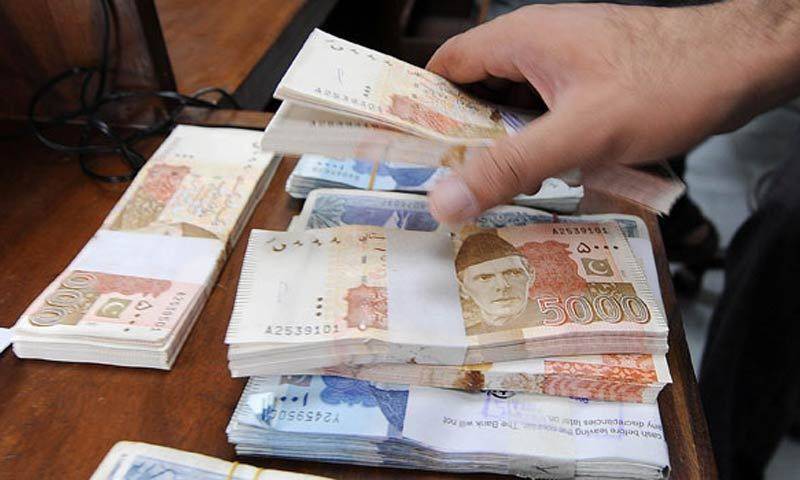PESHAWAR – Khyber Pakhtunkhwa (KP) is not just a land of rivers and rugged beauty—it is a crucible of sacrifice, its people scarred by the war on terror, its resources fueling Pakistan’s ambitions. Yet, for all its contributions, KP is denied its constitutional rights, its coffers bled dry by a federation that seems to have forgotten its own laws. This is the story of a province fighting not for favors but for what is rightfully theirs—a saga of broken promises, unyielding spirit, and a demand for justice that echoes across the mountains.
The Hydel Heist
The Net Hydel Profit (NHP), enshrined in Article 161(2) of Pakistan’s Constitution, is Khyber Pakhtunkhwa rightful share of the wealth generated by its roaring rivers. The AGN Qazi Formula, sanctified by the Council of Common Interests and the Supreme Court, is supposed to ensure these payments flow like the waters they’re drawn from.
But the reality is starkly different. In 1992, KP received PKR 6 billion; today, the unpaid dues pile up to an estimated PKR 75 billion, a fortune withheld by a federal government that drags its feet.
A 2016 interim agreement pegged the NHP rate at PKR 1.10 per kilowatt-hour, with a 5% annual increase, but even this modest pact lies in tatters. KP’s Finance Advisor Muzzammil Aslam recently revealed a PKR 90 billion shortfall in revenue transfers—a wound that cuts deeper with every passing year, starving the province of its lifeblood.
Royalties Denied
Beyond the rivers, Khyber Pakhtunkhwa soil yields another treasure: oil and gas, the lifeblood of Pakistan’s economy. Article 172(3) of the Constitution is unequivocal—these resources belong to the province where they are extracted. Yet, KP’s rightful royalties are diverted, lost in a bureaucratic maze that reeks of indifference. The province isn’t asking for handouts; it’s demanding what the law guarantees.
Under Article 160, the National Finance Commission (NFC) is meant to look beyond mere population, factoring in poverty, geographical challenges, and the crushing weight of security costs. After the FATA merger, KP’s NFC share was set at 19.46%, a figure meant to reflect its burdens. But Islamabad’s silence speaks louder than its promises, leaving KP to fight for scraps while its resources enrich the nation.
A Land of Sacrifice
Walk the streets of the Newly Merged Districts (NMDs), where million of dreams flicker in the dust, or the villages of Malakand Division, home to 10 million souls, and you’ll feel the weight of KP’s struggle. This is a province that has given everything—its sons and daughters lost to the war on terror, its rivers and fields feeding the national treasury. Yet, its people are repaid with neglect.
A porous tax system, riddled with evasion, forces KP’s older districts to bear an impossible burden, crippling investments in education, healthcare, and infrastructure—sectors the Constitution mandates the province to nurture. Soaring energy prices, unyielding inflation, and the constant threat of violence along the Afghan border tighten the noose.
Khyber Pakhtunkhwa’s treacherous terrain inflates transport costs, while low literacy and a lack of skilled workers choke its potential. These are not just statistics; they are the daily realities of millions, especially in the former tribal areas, where hope battles despair.
The Human Cost
In the NMDs, children study under open skies, their classrooms crumbling or nonexistent. In Malakand, patients queue outside underfunded clinics, their ailments untreated. This is the human toll of a province denied its dues— a land where ambition is stifled by systemic inequity.
The Constitution promised fairness, but for KP, it’s a promise betrayed, a contract torn apart by federal apathy. The sense of deprivation festers, a wound that threatens to unravel the fragile unity of Pakistan’s frontier.
Khyber Pakhtunkhwa Chief Minister Ali Amin Gandapur has raised a defiant cry, demanding the federal government release the funds owed for the NMDs’ development. This is no mere budgetary squabble—it’s a fight for survival, a plea to stabilize a region that holds the key to Pakistan’s security. The Constitution is clear, its articles a beacon: honor the NHP, deliver the royalties, recalibrate the NFC to reflect KP’s sacrifices. The path is laid out, but will Islamabad listen?
Khyber Pakhtunkhwa’s battle is Pakistan’s battle. Its rivers power the nation’s lights, its resources fill its coffers, its people guard its borders. To deny KP its rights is to undermine the very foundation of the federation. The federal government must act — clear the NHP arrears, release the oil and gas royalties, and rewrite the NFC formula to honor KP’s burdens. Only then can this province rise, its potential unleashed to forge a stronger, fairer Pakistan. The mountains are watching, and they will not wait forever.
Akhtar Ali Shah, a former Secretary of Home and Tribal Affairs for Khyber Pakhtunkhwa and retired Inspector General of Police, writes from the heart of a province wronged.












